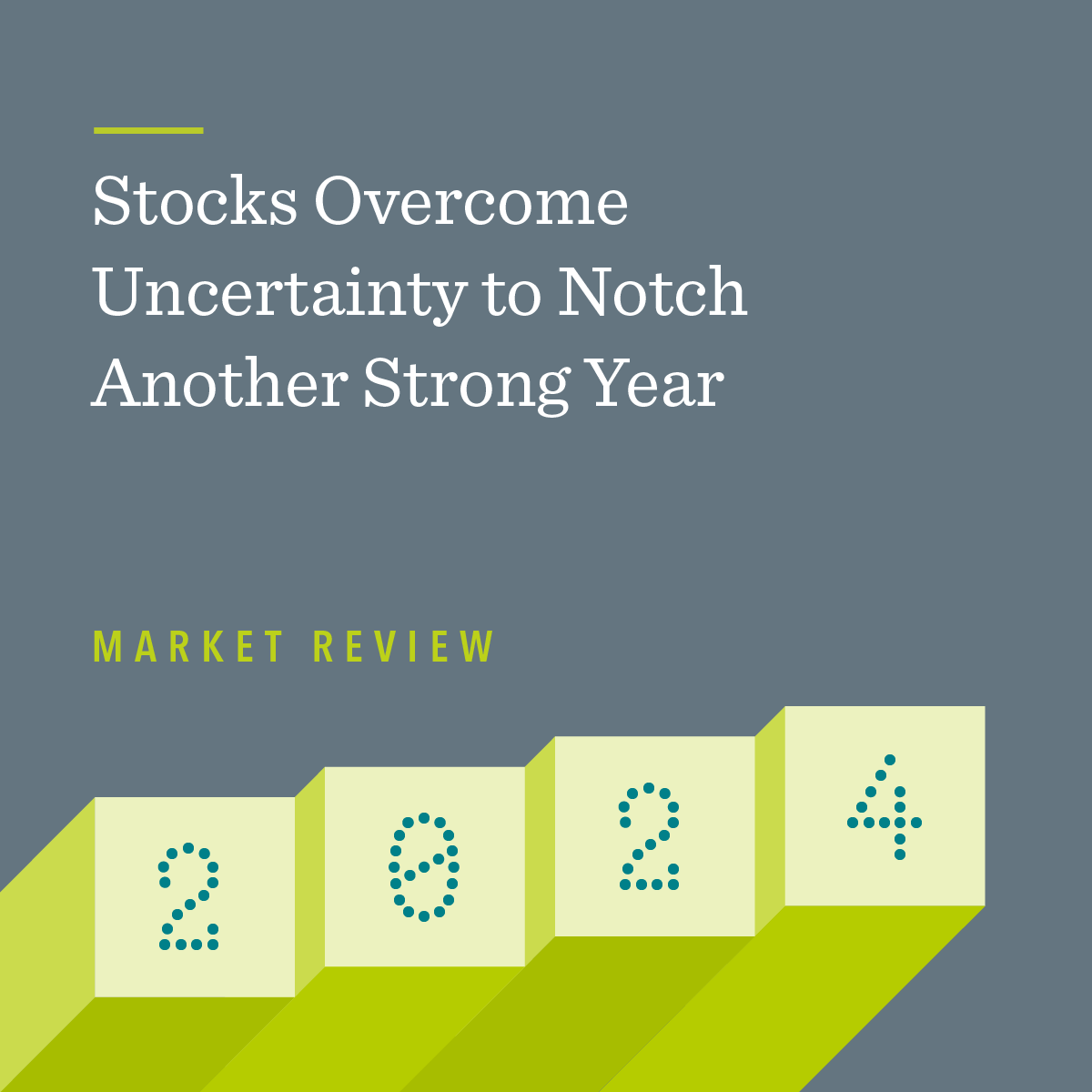Fact: When you pass, you will leave behind an estate, and somebody will need to settle it. Your estate may be worth a little or a lot, but there’s no escaping death and taxes.
So why do so many families put off their essential estate planning until push comes to shove?
Estate Planning Is an Act of Love
Since 2015, Caring.com has been conducting a periodic survey of Americans’ estate planning habits. Its most recent results suggest the pandemic has spurred an uptick in estate planning, especially among younger adults. That’s good news. But still, an enormous divide remains:
Some 60% of those surveyed agreed it’s important to have a will. But, as of December 2020, only about a third of them actually had one.
Among those without a will, the top reason cited across multiple years remained the same:
“I haven’t gotten around to it.”
This isn’t surprising, given the logistical and emotional stumbling blocks involved. Plus, most families are plenty busy with interests that seem more immediate … right up until they’re not.
The Upsides of Estate Planning
In short, if you’ve been procrastinating on your estate planning, you’re not alone. But regardless of your age or net worth, let’s correct that oversight today, because …
By reducing their stress load during an already stressful time, a well-structured estate plan is the greatest gift you can bequeath to your loved ones.
According to a 2018 EstateExec survey, it typically takes just under 700 hours to settle an estate valued between $1–$5 million. Every painful task and each extra hour you can take care of in advance will be one more way you can give back to the loved ones you leave behind, granting them the space they’ll need to grieve and process the emotional toll of their loss.
Estate planning also brings important practical advantages to nearly every family:
Clarity: Your actual wishes are far more likely to be realized if you’ve written them down and made them legally binding.
Speed: Your estate is likely to settle far more quickly, with less red tape and fewer frustrating delays before your beneficiaries receive their inheritance as hoped for.
Cost Savings: Faster settlements usually translate to fewer costs.
Tax Benefits: Estate planning can include basic and advanced strategies for facilitating a more tax-efficient wealth transfer.
Protection: By addressing potential problems in advance, distributions are less likely to end up in the wrong hands, such as estranged family members or debt collectors.
Step-by-Step Planning
So, what’s stopping you from getting a grip on your estate planning? In our next post, we’ll take you through the three common hurdles that stand between you and your effective estate planning. These include: (1) deciding who gets what, (2) making it legal, and (3) getting (and remaining) organized.
Life is uncertain. The market is even more precarious. This means building wealth has no shortcuts. Success requires a solid investment approach, a long-term perspective, and discipline to stay the course. Instead of leaving your financial future to chance, you need to have a plan.
Cogent Strategic Wealth is here for you.
So, instead of worrying about your future, why not take positive steps to protect it? Set up a Cogent Conversation with us today. We’ll show you how to transform your hard work into durable wealth even through troubling markets.
READ PART 2 STEP-BY-STEP ESTATE PLANNING GUIDE
SCHEDULE A CALL WITH A COGENT ADVISOR TODAY
The opinions expressed by featured authors are their own and may not accurately reflect those of Cogent Strategic Wealth®. This article is for general information only and is not intended to serve as specific financial, accounting or tax advice. By clicking on any of the links above, you acknowledge that they are solely for your convenience, and do not necessarily imply any affiliations, sponsorships, endorsements or representations whatsoever by us regarding third-party Web sites. We are not responsible for the content, availability or privacy policies of these sites, and shall not be responsible or liable for any information, opinions, advice, products or services available on or through them.


